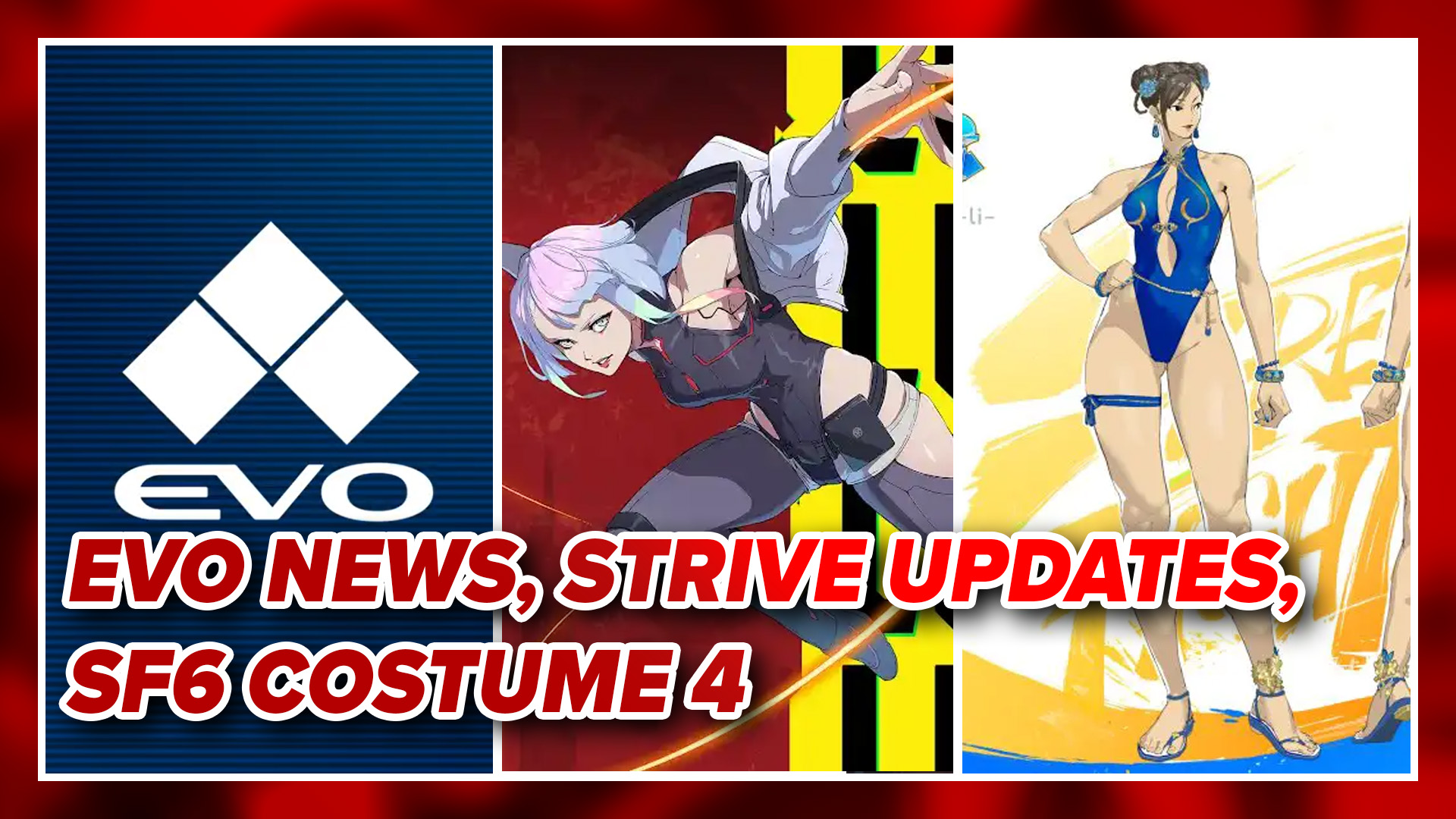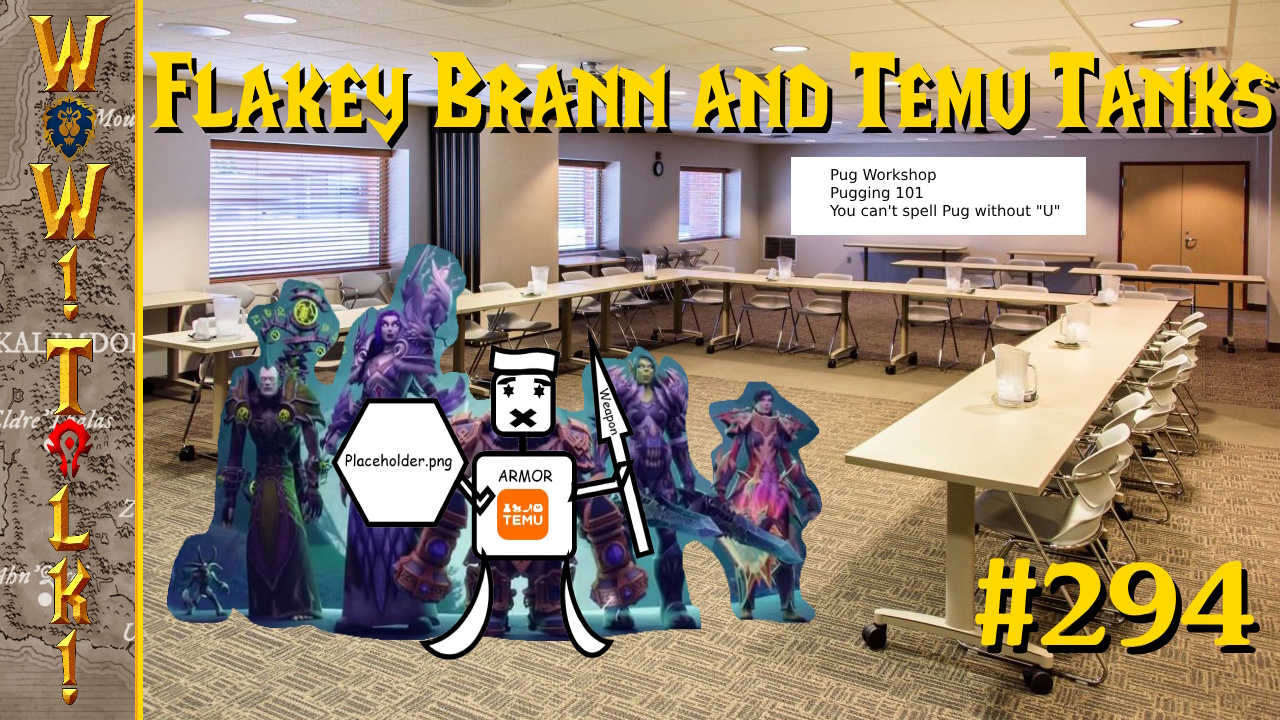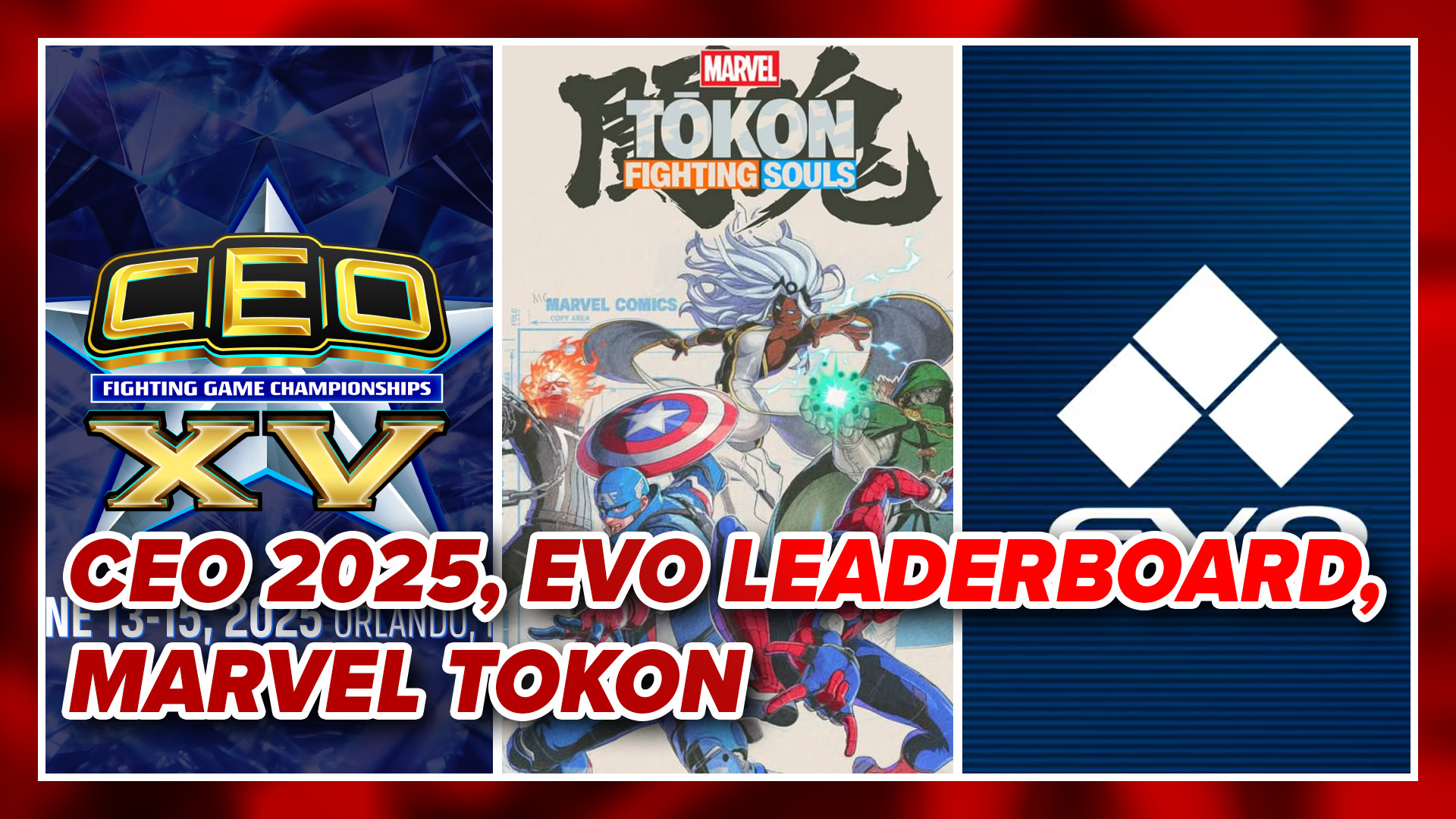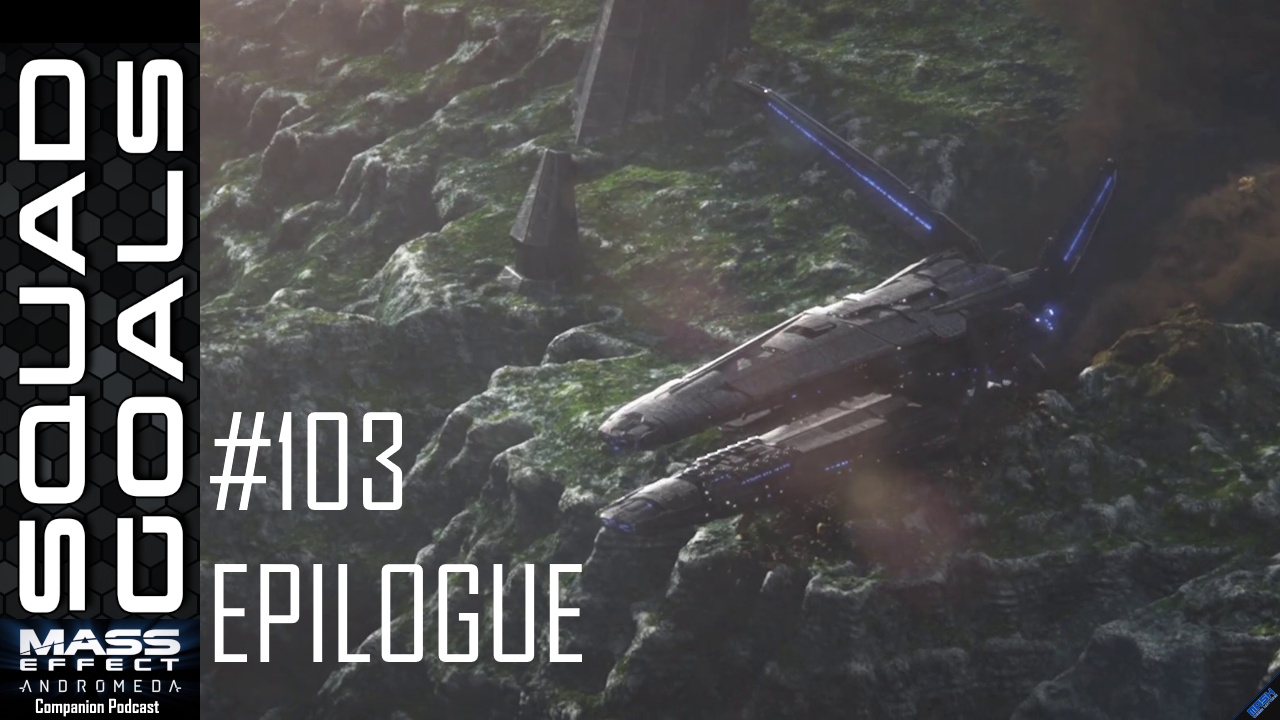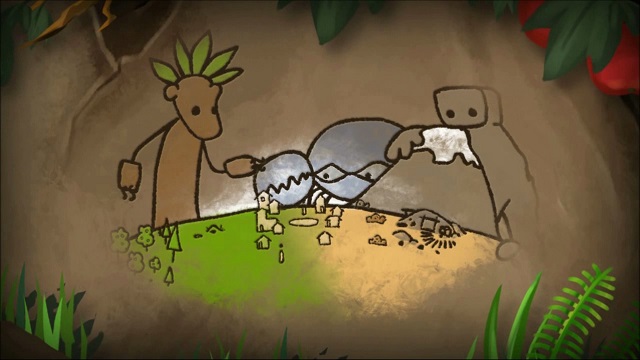
Reus almost felt a little bit like Viva Pinata when I started playing it. It was a vibrant, colorful game that seemed to just be about cultivating a world where people would come in and enjoy all of the plants and animals I’d raised for them. Even when those same people got uppity and started attacking the next town over, I just casually stomped them flat, leaving an empty field as their legacy. It all felt very relaxing, and to me, completely boring. I needed a little urgency if I was going to keep playing it. Luckily, Reus starts to show its challenging side not too long after its initial rounds, and you’ll soon find yourself fondly remembering back to a time when you weren’t pausing the game and carefully examining every patch of grass to see if it can be utilized in a smarter way.
In Reus, your job is to make a planet habitable again using a handful of gods. Each god has control over things like oceans, swamps, deserts, and forests, and you have to use each of their abilities in tandem in order to produce a place that’s worth living in. The forest and swamp gods can’t create their respective lands without the water god creating an ocean, but in the same vein that ocean isn’t all that useful to humans if there’s nowhere nearby to live that isn’t gray rock. Once you’ve made a handful of decisions, hopefully human settlers will begin to create homes and then the complex work can begin.
The gods need to work together on much smaller levels if you’re going to want the humans you attract to thrive. The humans have a limited range to how far they’re willing to forage for food, so you need to make the most out of the space around their camp. The gods all have abilities that will let them make food sources like small animals and berries, but this isn’t anything that’s going to work in the long run. Basic plants can only feed a handful of people, so players are going to need to find abilities that make a single plant grow more food. All the gods have various abilities that will let them promote a more impressive growth in your food, although the god that created the berry plant or animal often doesn’t have the best ability to make it grow better. This means having to get the gods working together to really create some good food sources for the people.
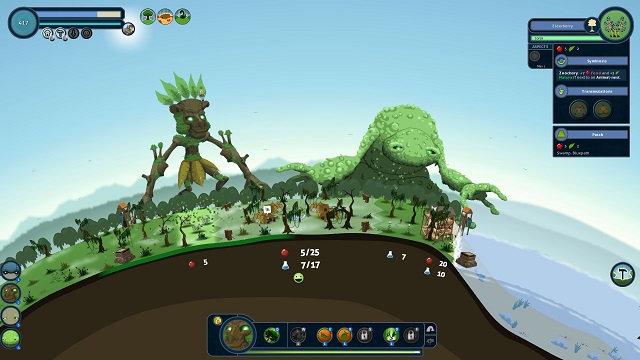
I thought I could just upgrade all the plants around the area using the same two gods and everything would be fine, but that’s a lousy method and won’t work after a few hours. You’ll eventually hit a point where you have to look into synergies between two different plant types. The first one I discovered was that setting a patch of blueberries next to strawberries made the growth in the blueberries spike. It’s neat because the blueberries were a basic plant, and in my rush to upgrade everything using the gods’ abilities I didn’t pick up on a much easier and more strategic way to get more food out of a growth. Discovering that opens up a whole lot of new options, and also a whole lot of digging up old plants. You can get an absurd amount of use out of a single patch of land in this way, and you absolutely need to make the most of the synergies if you want to beat the higher levels.
Synergies are also important because you often need to get more than one thing from the small patches of land around your settlements. Food is important, but technology and wealth are also integral to getting settlements to grow. When you barely have enough room just to grow food, though, you’re really going to have to keep an eye on the synergies. Each growth type, be it animal, food, or minerals, only has one synergy; so it’s not too bad to keep track of. It didn’t take me very long before I had a handful of ideas on what to do based on the ground I had available to me. It’s surprisingly straightforward after a little while, although it all seemed really daunting during the tutorial.
Anyway, synergies don’t just work from plant to plant or animal to animal. It’s not always the most logical system, but a lot of the time animals might receive bonuses to how much food they give if there’s a mine nearby, and some plants will produce technology or wealth depending on what’s around them. You can get extremely creative with what grows around your camp once you’re familiar with your options; constantly changing what you’re growing based on what the humans need.
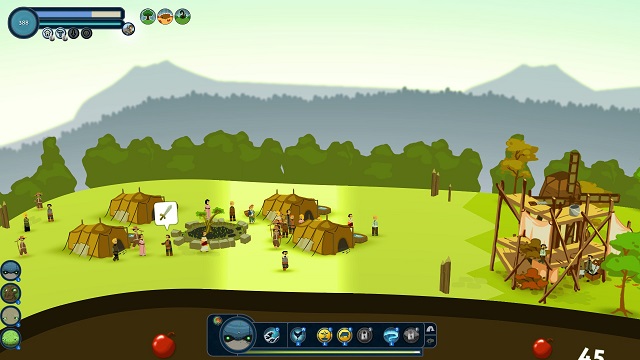
The humans are the sticky part of the game, as you can’t control them at all. If you have a settlement that decides it needs two hundred points in technology so it can learn more about chemistry, it’s up to you to make that happen. You might be showering them in food, but that ends up being a shame because all of a sudden they’ll need a ton of wealth to build a shrine or something like that. You can’t pick which sort of buildings the humans want to build, and can only do your best to accommodate those wishes.
Normally the only challenge would be to get the items you want for the building you need in any other game like this, but Reus provides a lot of its challenge by forcing you to build these installations under a time limit. You can pause the game while you think about how you’re going to provide what the humans want, giving orders and then unpausing the game so they’re carried out. At the beginning it hardly seems necessary as the humans don’t try to build very extravagant things, but as time passes they’ll start really straining the limits of the land and your time. The game does a really good job of gradually asking more and more of the player, though, so learning the synergies and taking the necessary steps becomes second nature. It asks you to plan your growth in a smart way and it can get overwhelming, but it doesn’t feel like it’s doing so in an unfair way.
The humans aren’t quite done making your life difficult. If you do your job a little too well and a human settlement starts gaining a lot of prosperity (the game’s overall way of calculating food, tech, and wealth), then they’ll start to get greedy and go after other settlements in the game. So, not only do you have to worry about getting enough stuff that you need, but you also can’t do so good of a job that a settlement becomes greedy. You can mitigate this by applying synergies to certain animals that add an element of danger to them, as danger will keep the humans from having enough time to concentrate on their greed. You can also try carefully monitoring their growth, but by the time you have three or four settlements on the go this can get pretty difficult. You can always stomp the people into the ground if they get too uppity, though, reducing their entire city to rubble and losing all the progress you made with them. It’s a hard decision to make, but one you may have to do depending on what goals you’re trying to achieve (Its not a hard decision make when they foolishly attack your gods, though. Attack giant rock monster=getting flattened).
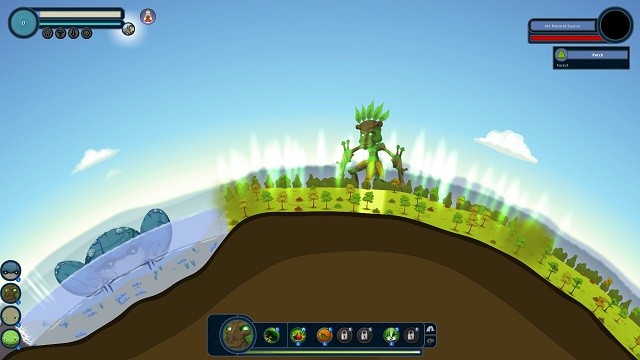
The game’s only real completion criteria beyond creating a super society are a bunch of different outcomes you can shoot for. These range from growing a city to a certain amount of prosperity using only plants and animals to just building the aforementioned super society. A lot of these goals require very specific builds that require early planning and thought, so once you get a good handle on how the game works there are lots of goals to keep you challenged. Considering how fickle, violent, and unpredictable the humans can get, it can be really difficult to accomplish some of these goals, too. If you like the game, they’ll keep you challenged for some time.
For the backyard gardener, you can just as easily putter around with the game, trying out different plant and animal combinations while you cultivate a few early settlements. Perhaps my favorite part of this game was that the time limits during stages set a tone for the match. Low time limit levels are quite relaxing, feeling more like you’re tending to a virtual space and playing around with what grows in it. If you’re not interested in the challenges or playing through to the game’s higher stages in longer levels, you really don’t have to. Those options are there if you like, but if you’re just looking for another game with the charm and ease of gardening in Viva Pinata, then this game has you covered.
It wouldn’t be nearly as much fun to just pick at if it weren’t for the game’s visuals. The game has its own art style, using a lot of color and detail to create some really striking, but simple, images. For instance, the ocean god seems to only use varying shades of blue to separate certain parts of his crab body, but when you zoom in close you can see bits of seaweed hanging from his body. You can also see lots of small cracks and ridges running along his shell from up close, and the other gods are just as detailed when you take a closer look. They all look very nice with the sweeping use of different colors on their bodies, but it really is worth coming in closer to see all of the little touches on them you may have missed.
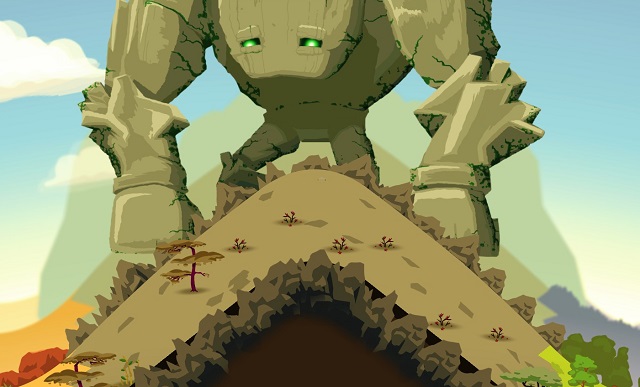
The people and plants look just as nice. Even zoomed far out, I could see leaves blowing in the wind as tomatoes grew from the earth, and I could make out tiny chickens and other animals running around. Getting closer shows more detail, again using varying colors to differentiate clothing and shadow. Combining this look with the 2D game has given it an appearance similar to Samurai Jack or even the newly-released Guacamelee, but saying so doesn’t do justice to the specific detail in Reus. From a distance it shows that same brilliant use of color and line, but up close there is even more to enjoy looking at. It really makes it worthwhile to take your time with the game.
I’m not a big fan of simulation games or of maintaining a world, but Reus felt like it was willing to accommodate me. I could just pick away at the game at my own pace if I liked, and if I felt like moving on to harder things they’d be there waiting for me. While this game’s difficulty could get pretty high, it felt like it would only get there if that’s the direction I wanted to take with it. This game lets you choose the pace you want to play it at, and as such it catered to several different moods while I was playing it. It’s a strong game whether you want to take your humans to the space age or if you just want to play around in a beautiful, natural world.
Reus is available to download from several different outlets on its developer’s site.

